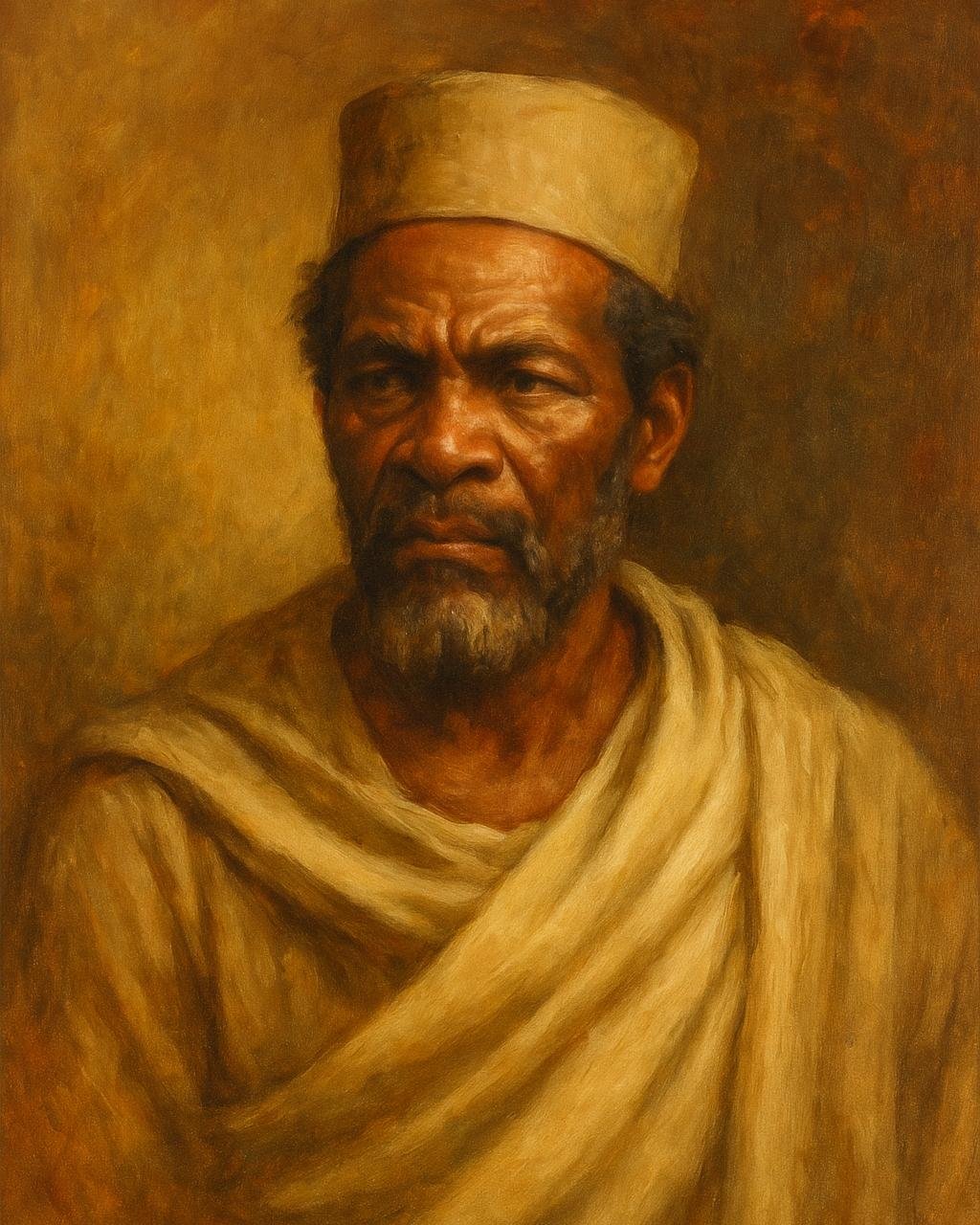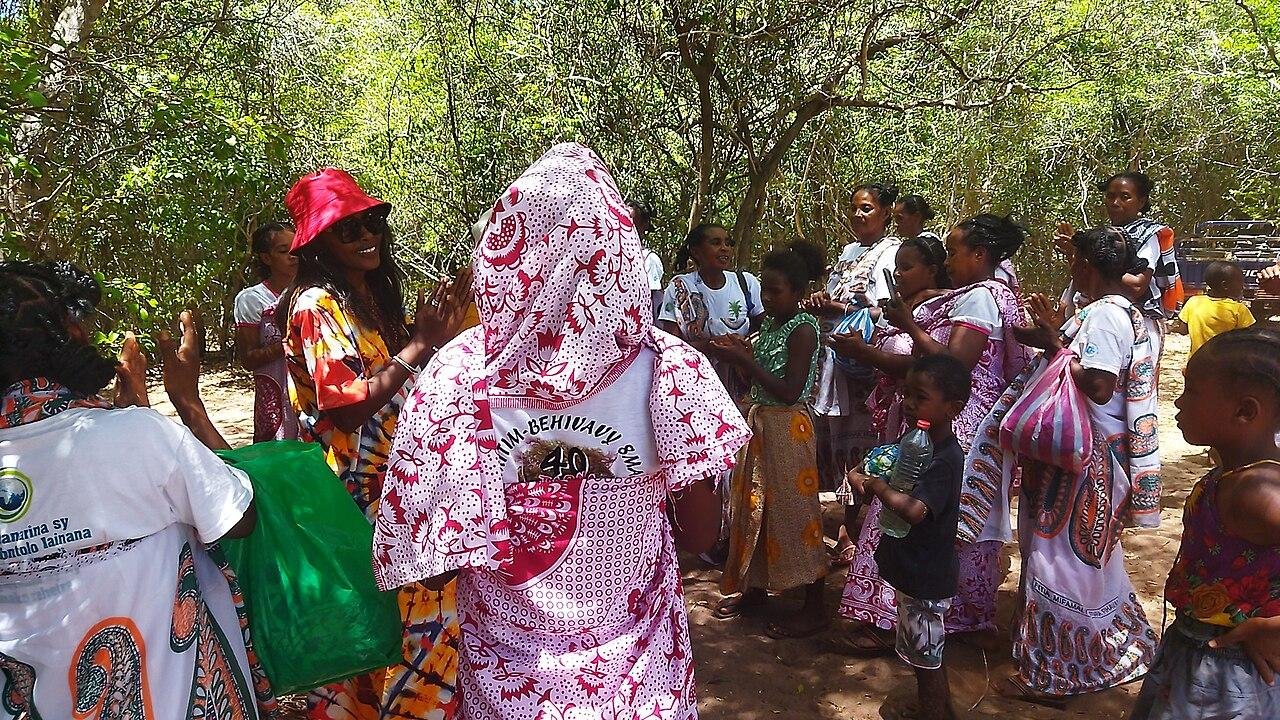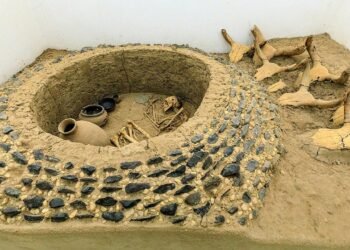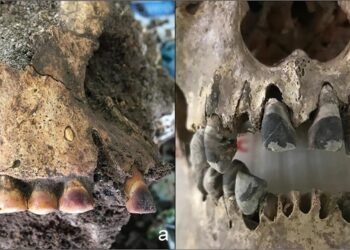A Malagasy monarch who was killed over a century ago during the colonial conquest by France has finally been buried in his homeland after the return of his remains from Paris. On August 27, French authorities officially repatriated three skulls preserved in the Museum of Natural History collections, including one believed to be that of the Sakalava people’s King Toera, who was killed and decapitated by French troops in 1897. Two of his warriors were included in the remains as well.

The Paris ceremony was the first since a 2023 French law streamlined repatriation of human remains removed in the colonial era. In the ceremony, French Culture Minister Rachida Dati said: “These skulls entered national collections in circumstances that obviously violated human dignity and occurred in an atmosphere of colonial violence.” She also stated that while scientific committees could only “presume” that the single skull was that of King Toera, its Sakalava origin was confirmed.
King Toera was murdered during France’s brutal military campaign to gain dominance over the Menabé kingdom in western Madagascar. Colonial troops killed Sakalava fighters in August 1897 before they executed and beheaded their king. His head was transported to Paris, where it remained for nearly 130 years in museum archives, along with thousands of other remains that were removed from conquered territories.
The skulls that were repatriated reached Madagascar late on September 1, and they were welcomed with solemn rituals. The Sakalava people, dressed in their traditional robes, received the skulls at Antananarivo airport. The skulls were carried through the capital city draped in the Malagasy flag before they reached the city’s mausoleum. President Andry Rajoelina, senior officials, and Sakalava leaders attended the ceremony. From there, the remains were sent on a 320-kilometer journey to Belo Tsiribihina, where they will be laid to rest in their ancestral land.

For Madagascar, the restitution is a moment of healing. Culture Minister Volamiranty Donna Mara defined the restitution as a profound act of recognition.
The case highlights the ongoing attempt of France to come to terms with its colonial past. Over the last two decades, the country has repatriated notable human remains, including Sarah Baartman, the South African woman brutally displayed in Europe under the racist nickname “Hottentot Venus,” whose remains were returned in 2002.
Today, scientists estimate that France’s Museum of Natural History alone holds more than 20,000 human remains collected under the guise of science. The return of King Toera and his warriors signals a new phase in addressing the atrocities of colonialism, both for France and for nations like Madagascar that endured its violence.
























Disclaimer: This website is a science-focused magazine that welcomes both academic and non-academic audiences. Comments are written by users and may include personal opinions or unverified claims. They do not necessarily reflect the views of our editorial team or rely on scientific evidence.
Comment Policy: We kindly ask all commenters to engage respectfully. Comments that contain offensive, insulting, degrading, discriminatory, or racist content will be automatically removed.